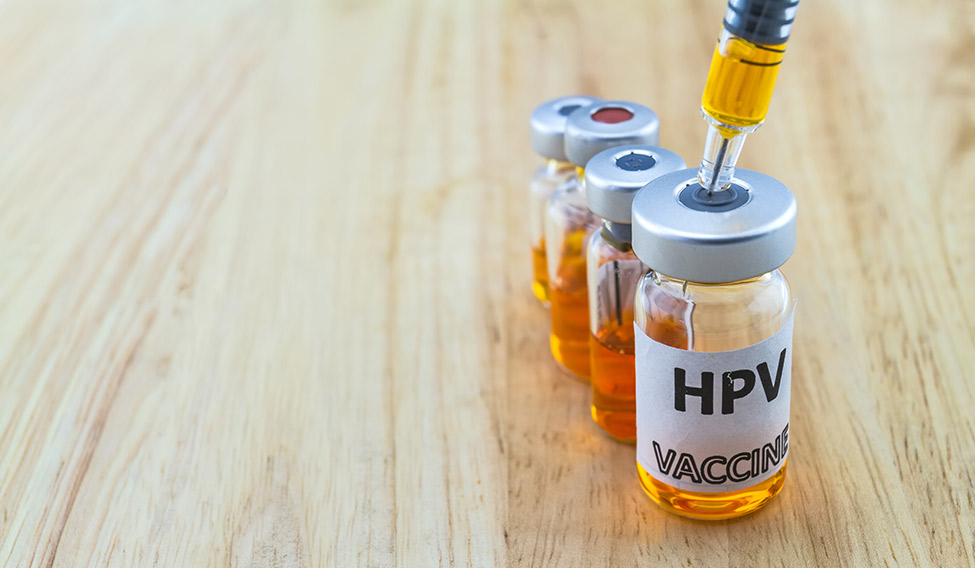Michele Baldwin was diagnosed with cervical cancer in 2012. But the 45-year-old single mother in the US did not want to give up. So she came to India and paddle-boarded over 1,100km down the Ganga to break the world record. The idea was to draw attention to the killer disease. She wanted the thousands of women who die of cervical cancer every year to live. Baldwin succumbed to the disease that year, but her story saved many across continents.
The documentary on Baldwin by filmmaker Frederic Lumiere was used to spread awareness about the deadly disease among women. About 2.7 lakh women die every year of cervical cancer worldwide.
“India shares 23 per cent of the global burden of the disease. Though the HPV (human papilloma virus) vaccine [that helps prevent cervical cancer] came to India eight years ago, uptake has not been significant,” says Dr Neerja Bhatla, professor of gynaecology at the All India Institute of Medical Sciences, New Delhi.
India has been talking about including the vaccine in the national programme. In fact, some states like Delhi, Tamil Nadu and Punjab have shown interest. Delhi has already introduced the vaccine for school-going girls. The Union government also announced that it will soon launch the vaccine in its universal immunisation programme and is working on the logistics.
Dr R. Sankarnarayanan, special adviser on cancer control, and head of a screening group with WHO, believes that cervical cancer can be eliminated in the next 40-50 years by vaccination and early detection and treatment. “Thirty-four countries have the HPV vaccine in their national immunisation programmes. India recorded 67,400 deaths due to cervical cancer in 2012 and is yet to take the decision. Overall, cervical cancer incidence is coming down by one to three per cent annually, thanks to the vaccine and awareness about the disease,” he says.
“India was supposed to have implemented it in 2010, but Bhutan did, and showed significant fall in the incidence of cervical cancer,” says Sankarnarayanan. “WHO feels that HPV vaccine is one of the best measures to control cervical cancer.”
Doctors say that the 10-year-old vaccine has shown efficacy and is safe. “The vaccine is approved in 132 countries and implemented in 65 national immunisation programmes,” says Dr Arun Walia, regional director of medical affairs (Asia-Pacific) with MSD Pharmaceuticals. “In India, too, it is prescribed by private practitioners. However, as one dose of vaccine costs Rs 2,700, its reach is limited. Earlier, one needed to take three doses of the vaccine but the latest recommendation from WHO has brought it down to two doses in a gap of 6 to 12 months for girls, in the age group of 9 to 13.”
(The correspondent participated in a pharma-sponsored tour to Singapore.)







